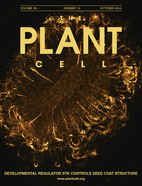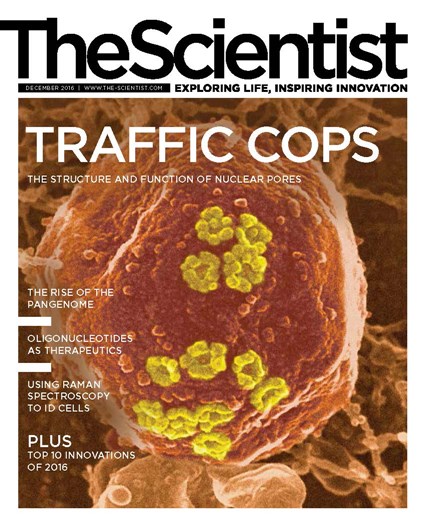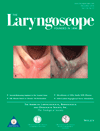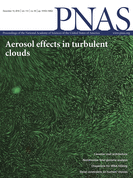 Researchers have retracted a paper from a plant journal after a probe found problems with several figures.
Researchers have retracted a paper from a plant journal after a probe found problems with several figures.
According to the new retraction notice in The Plant Cell, some figures in the paper were manipulated, as well as “inappropriately duplicated and reused from a previous publication.” The authors assert that they believe the conclusions remain valid.
The journal has also issued two corrections that include some of the same authors — including one that cites inappropriate image manipulation.
Here’s the retraction notice, issued last month: Continue reading Journal issues three notices for plant biologist, two citing manipulation
 It’s that time again, when top-10 lists start appearing — and
It’s that time again, when top-10 lists start appearing — and 






